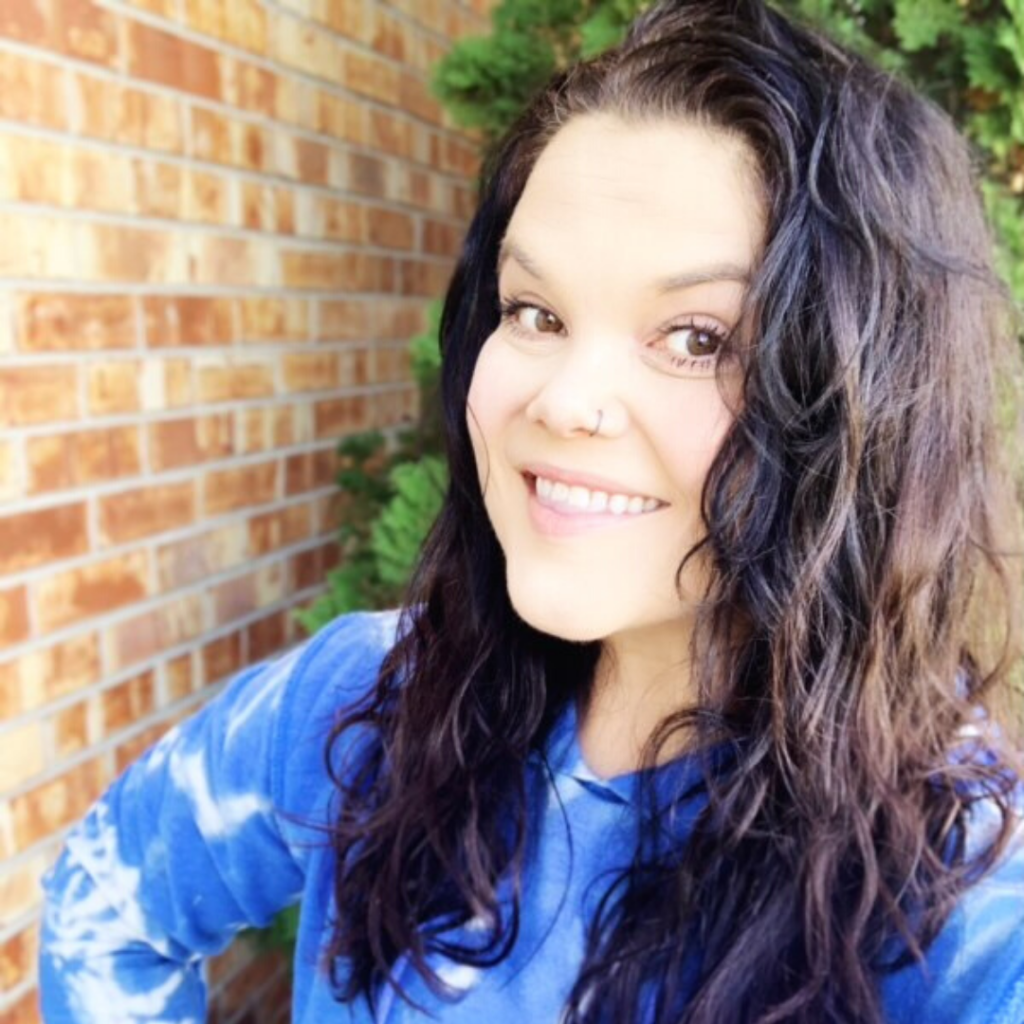Describe your life prior to diagnosis:
Prior to my diagnosis I was suffering from chronic fatigue, anemia, weight gain, vertigo, migraines, temporary vision loss and joint pain. However, I didn’t have the typical IBS or stomach pain symptoms.
How did you come to know (or suspect) that you have celiac disease?
Thankfully I took a DNA test and paid extra for their health markers testing. I showed genetic markers for celiac disease. Even with that, I had to beg my doctor to do the blood test. She told me, “If it will make you feel better, fine, but you do not have any celiac disease symptoms and I think this is unnecessary.”
When my antibody levels came back they were incredibly high. My doctor sent me to a gastroenterologist (GI) who performed an endoscopy and confirmed that I had celiac disease.
How long did it take for you to get diagnosed since your first symptoms and what (if any) challenges did you face along the way?
Most people associate celiac disease with stomach issues and are not aware there are hundreds of symptoms. I was 41 when I was diagnosed, but I had been seeing doctors and trying to figure out what was wrong since I was 24 years old. I also had anemia since childhood, so there have always been some symptoms.
Do you believe anything could have sped up your diagnosis? If so, please explain:
I certainly do. Most of my doctors focused on CT scans since my symptoms were predominately neurological. When nothing showed up in neurological exams, I was often dismissed as “making it up” and referred to psychiatrists. This is despite me regularly asking for testing related to food or thyroid.
Ten years prior to my diagnosis I actually went gluten-free for about 10 months. It was working and I was seeing some relief from my symptoms. But when I told my doctor, he literally told me I was being stupid, that I was jumping on a diet bandwagon and there was no reason to be gluten-free unless I had celiac disease, so I should grow up and stop wasting my money. I get so mad when I think about that interaction…why couldn’t he have just thought, “if it is working, maybe there’s something to this?” What would it hurt to refer somebody for a blood test, even if you think they’re nuts?
I wish I had known more or been a better advocate for myself. Because of my experiences, I ended up going through nutrition coaching school (as I was already a certified life coach) and now I work with clients dealing with autoimmune diseases.
Describe your experience with living with celiac disease:
I have been gluten-free for a little over two years now and it is so nice to know, to have an answer and feel validated, even if it took a long time. I am able to work to mitigate my symptoms and have found relief. I do have to be hyper-vigilant about cross-contact, thought, as I don’t have any immediate way to tell if I accidentally eat gluten. By the time my migraine sets in, it can be quite hard to determine where I might have come in contact with gluten. But I’m passionate about advocating for myself, and helping others do the same.



